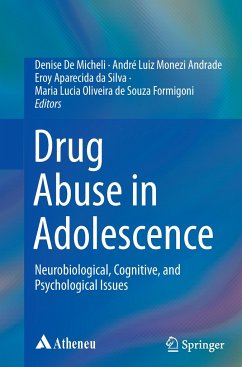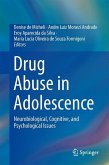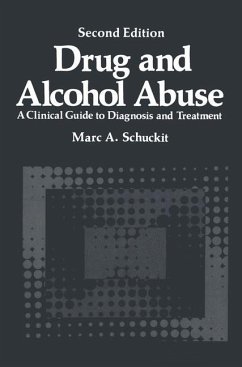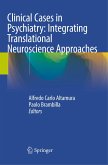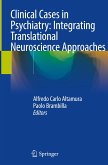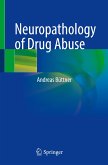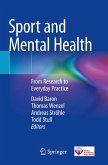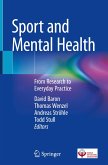Focusing on two central themes--the psychobiological evolution from youth to adult and the effects of drugs on the developing central nervous system--this important reference elucidates the mechanisms of chemical dependency in adolescents. Its multidisciplinary coverage analyzes addiction across major domains of human functioning against the backdrop of hormonal, cognitive, and other changes that accompany the transition to adulthood. Chapters discuss legal as well as illicit drugs, examine age-related social contexts, and present the latest findings on links between drug use and mental disorders.
Throughout, the contributors make clear that education is more valuable to understanding--and preventing--substance abuse than are prohibition and zero-tolerance thinking.
Included among the topics:
Cognitive development, learning, and drug use.Neurobiology of the action of drugs of abuse.Findings in adolescents with substance dependence based on neuroimaging tests.Alcohol abuse in adolescents: relevance of animal models. Effects of chronic drug abuse on the chronobiology of sleep in adolescents.Neurological and cognitive disorders arising from the chronic use of drugs of abuse.
The multiple lenses for understanding its subject and the sensitivity with which causal nuances are treated make Neuroscience of Drug Abuse in Adolescence an invaluable resource for clinical and child psychologists, psychiatrists, social workers, and addiction counselors.
Throughout, the contributors make clear that education is more valuable to understanding--and preventing--substance abuse than are prohibition and zero-tolerance thinking.
Included among the topics:
Cognitive development, learning, and drug use.Neurobiology of the action of drugs of abuse.Findings in adolescents with substance dependence based on neuroimaging tests.Alcohol abuse in adolescents: relevance of animal models. Effects of chronic drug abuse on the chronobiology of sleep in adolescents.Neurological and cognitive disorders arising from the chronic use of drugs of abuse.
The multiple lenses for understanding its subject and the sensitivity with which causal nuances are treated make Neuroscience of Drug Abuse in Adolescence an invaluable resource for clinical and child psychologists, psychiatrists, social workers, and addiction counselors.
"The purpose is to elucidate the interaction of chemical dependence in adolescence in relationship to normal developmental, hormonal, and neurocognitive changes. ... it can be useful to clinicians in helping increase their understanding of these problems in adolescence and enabling them to more effectively treat this population. ... This is a detailed, highly technical book presenting up-to-date research in this area." (Michael Easton, Doody's Book Reviews, December, 2015)
"This text reviews research on adolescents and drug abuse from the perspective of developmental neuroscience. ... The text provides a useful summary for researchers interested in neurodevelopment and substance abuse by adolescents. ... The text would be of interest to neuroscience professionals, but especially those who employ the latest imaging techniques in their own research. ... For prevention and treatment professionals, the text will open eyes and stimulate thinking about traditional preventionand treatment policies and methods." (James M. Topolski, PsycCRITIQUES, Vol. 60 (52), December, 2015)
"This text reviews research on adolescents and drug abuse from the perspective of developmental neuroscience. ... The text provides a useful summary for researchers interested in neurodevelopment and substance abuse by adolescents. ... The text would be of interest to neuroscience professionals, but especially those who employ the latest imaging techniques in their own research. ... For prevention and treatment professionals, the text will open eyes and stimulate thinking about traditional preventionand treatment policies and methods." (James M. Topolski, PsycCRITIQUES, Vol. 60 (52), December, 2015)

